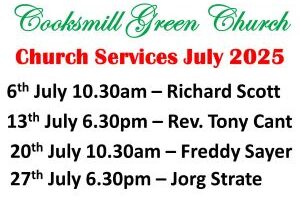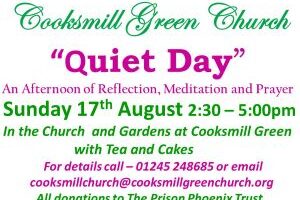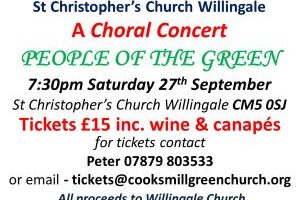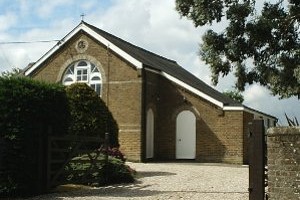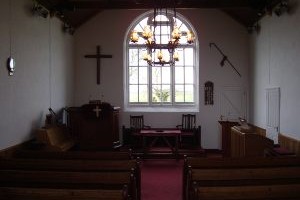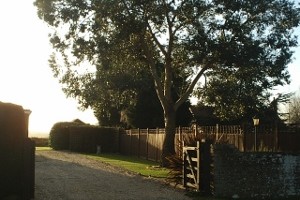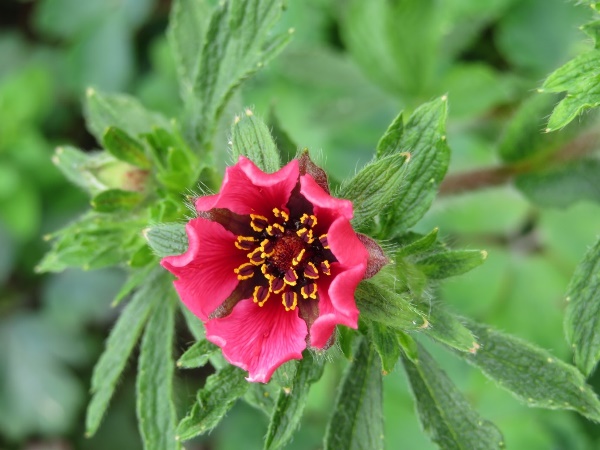THOUGHT FOR THE WEEK – How does your garden grow? 26th July
This week, looking for inspiration, I revisited the lectionary, today’s readings include the very short parable of the Mustard Seed (Matthew 13: 31-32). Then I consulted one of my commentaries and was struck by one phrase that took me down a completely different road. It made me think about every seed that grows into a flower, shrub, tree, vegetable, fruit, crop….
‘How can we be sure, in our thinking, our speaking and our living that we are both rooted in the old and also bearing the new, fresh fruit of the kingdom of heaven?’1
Before going any further, I beg forgiveness from farmers, horticulturists and professional gardeners for my technical inaccuracies! But hope the illustration still work.
When plants die – or are simply pulled up for some reason – they will often be put onto a heap in the corner of the garden. Here they will mature into a nutritious compost, full of goodness that can be used to promote the growth of new seeds. This does beg the question for me, can we really describe those old plants as dead?
Compost is dug into the soil, seeds are planted and the ground is watered. The seed is fed by all the wonderful nutrients developed in the compost and soon a shoot will break out. After a while it will venture through earthy crust and into air, absorbing the sunlight of a brand new day, at times drinking in fresh, life giving rain. The seed, rooted and nourished in the old, emboldened and made vibrant in the fresh and new becomes a beautiful flower, shrub or maybe a tree bearing succulent fruit.
For anyone waiting for a harvest of fruit, vegetables, wheat, barley etc., patience and faith are required. The patience to wait while ‘nature’ takes its course and faith that the cycle will indeed be maintained.
The picture of seed time and harvest is often used by Jesus to illustrate God’s kingdom and the people in it. However, there is, I feel, one difference. The seed is programed to respond to being planted, once it’s happened the seed does not choose whether to grow or not. We on the other hand do have choices. Crops are rooted in compost, we are rooted in our past, and to a large extent it’s up to us to choose which parts of the past feed and shape our present and future. Crops will naturally absorb the elements of the day come rain or shine. We can engage with today and all it has to offer, or ignore it and turn away.
It’s never by chance that Jesus chooses the analogies he does to describe God’s kingdom. His kingdom is rooted in the promises and covenant he made with the world. The covenant made though the redeeming blood of Jesus on the cross (Matt 26:28 Mk 14:12, Lk 22:20). And the promise that: “As long as the earth endures, seedtime and harvest, cold and heat, summer and winter, day and night, shall not cease.” (Gen 18: 22) in spite of what humanity tries to throw at it. By being rooted in the rich history of faith, feeding on the still living word, facing the challenges of today, we can help to bring the good news of God’s creation, love, mercy and compassion to the world around us helping to bring His kingdom ever closer.
1 Wright, T. (2002) Matthew for Everyone – Part 1 Chapters 1-15: Pt. 1. First Edition edition ed. London : Louisville, KY, SPCK Publishing. p. 178
A PRAYER
Heavenly Father
Help us to value and learn from the
Experiences of our past,
To understand the meaning of
Your covenant with us, sealed so long ago,
To embrace your love, mercy
And forgiveness for us
Shown through Jesus’
Sacrifice on the cross.
Help us to cherish each new day
And all that it offers,
To see your hand at work through creation,
To share with each other,
And all those we meet,
The knowledge of your healing power
At work in the world,
And the faith that you are
With us, even to the end of time
And your final harvest.
Amen.
